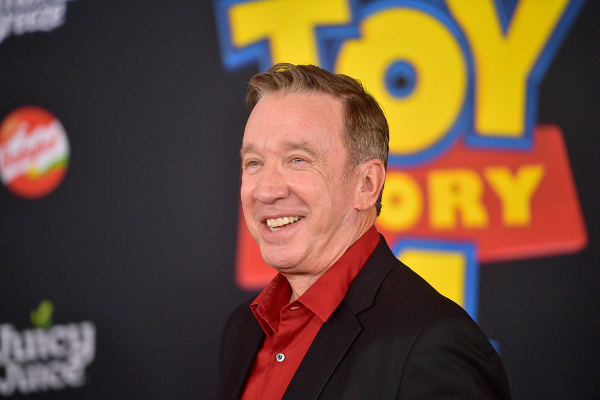Pope Francis Responds to Criticism, Says 'I'm Not a Marxist'
Pope Francis responded to criticism from U.S. conservatives, including from radio host Rush Limbaugh, spelling out his stand on Marxism, and declaring categorically he's not a Marxist. The pope was accused of promoting Marxism.
"Marxist ideology is wrong," the pope told the Italian newspaper La Stampa in an interview published Saturday. "But I have met many Marxists in my life who are good people, so I don't feel offended," he added.
Conservatives in the United States had criticized the pope about an apostolic exhortation from November. Francis wrote: "As long as the problems of the poor are not radically resolved by rejecting the absolute autonomy of markets and financial speculation and by attacking the structural causes of inequality, no solution will be found for the world's problems or, for that matter, to any problems."
Referring to the exhortation, Limbaugh told his listeners, "This is just pure Marxism coming out of the mouth of the pope. Unfettered capitalism? That doesn't exist anywhere. Unfettered capitalism is a liberal socialist phrase to describe the United States. Unfettered, unregulated."
On economics, the pope is "totally wrong, I mean dramatically, embarrassingly, puzzlingly wrong," Limbaugh declared. "Socialism, Marxism, constrains people, it limits people, it prevents people from realizing their potential as human beings," he claimed.
"There is nothing in the exhortation that cannot be found in the social doctrine of the church," the pope told La Stampa.
In the 224-page "Apostolic Exhortation," the pope added: "Just as the commandment 'Thou shalt not kill' sets a clear limit in order to safeguard the value of human life, today we also have to say 'thou shalt not' to an economy of exclusion and inequality. Such an economy kills…"
In the document, Francis also criticized "trickle-down economics," saying, "Some people continue to defend trickle-down theories which assume that economic growth, encouraged by a free market, will inevitably succeed in bringing about greater justice and inclusiveness in the world. This opinion, which has never been confirmed by the facts, expresses a crude and naïve trust in the goodness of those wielding economic power and in the sacralized workings of the prevailing economic system. Meanwhile, the excluded are still waiting."
When he addressed the media for the first time, the pope reminded Catholics that Jesus, not the pope, is at the center of the Church, which he said should be "poor, and for the poor."
In his interview with La Stampa, the pope also talked about Christmas – his first as the leader of the Catholic Church. "Christmas is God's meeting with his people," he said. "It is also a consolation, a mystery of consolation. After the midnight mass I have often spent an hour or so alone in the chapel before celebrating the dawn mass. I felt a profound feeling of consolation and peace."





















